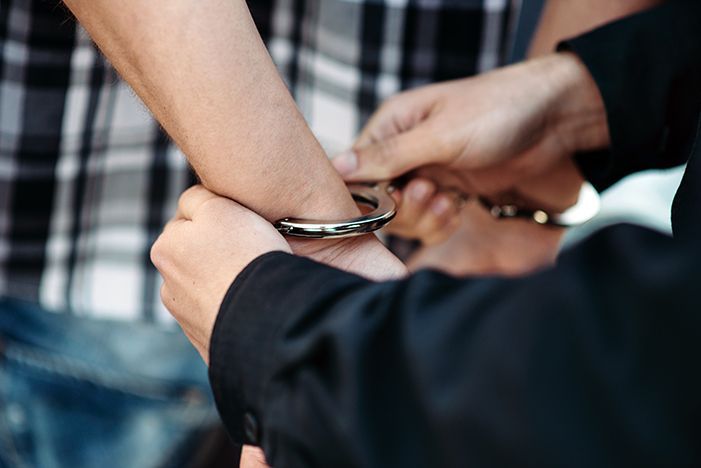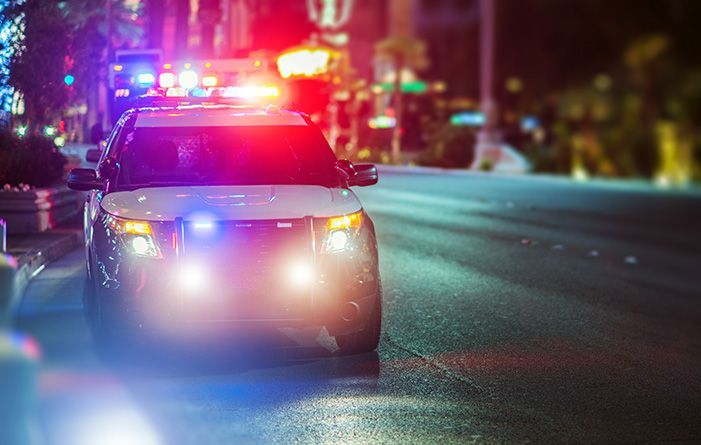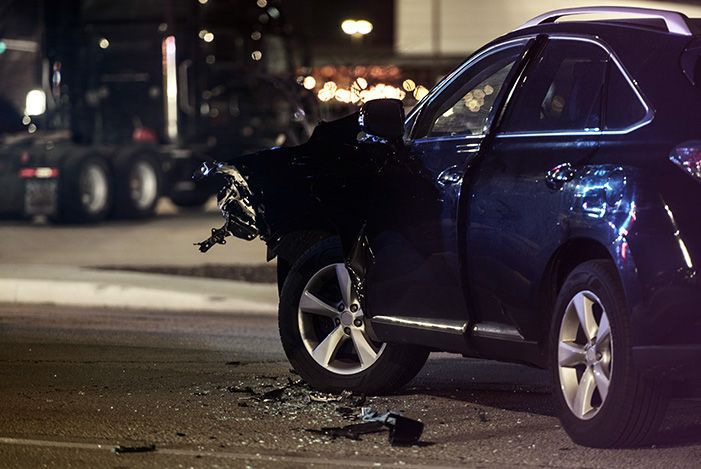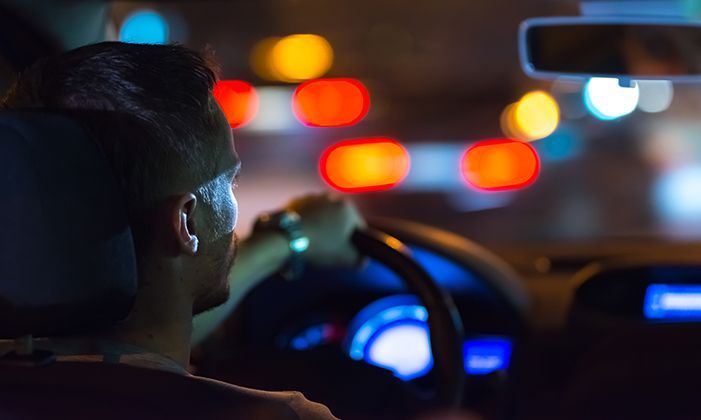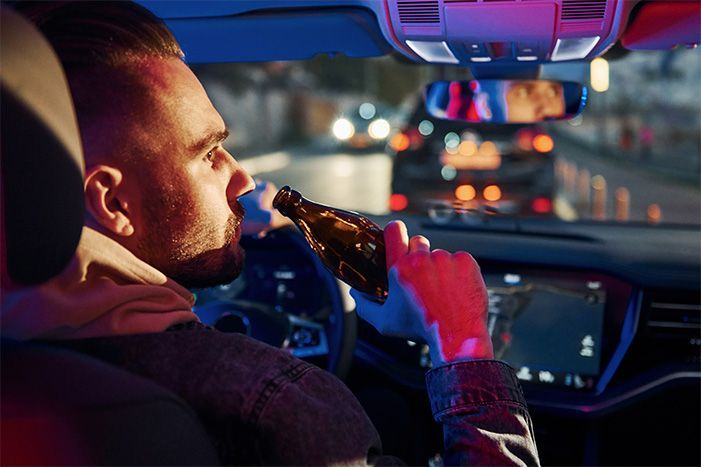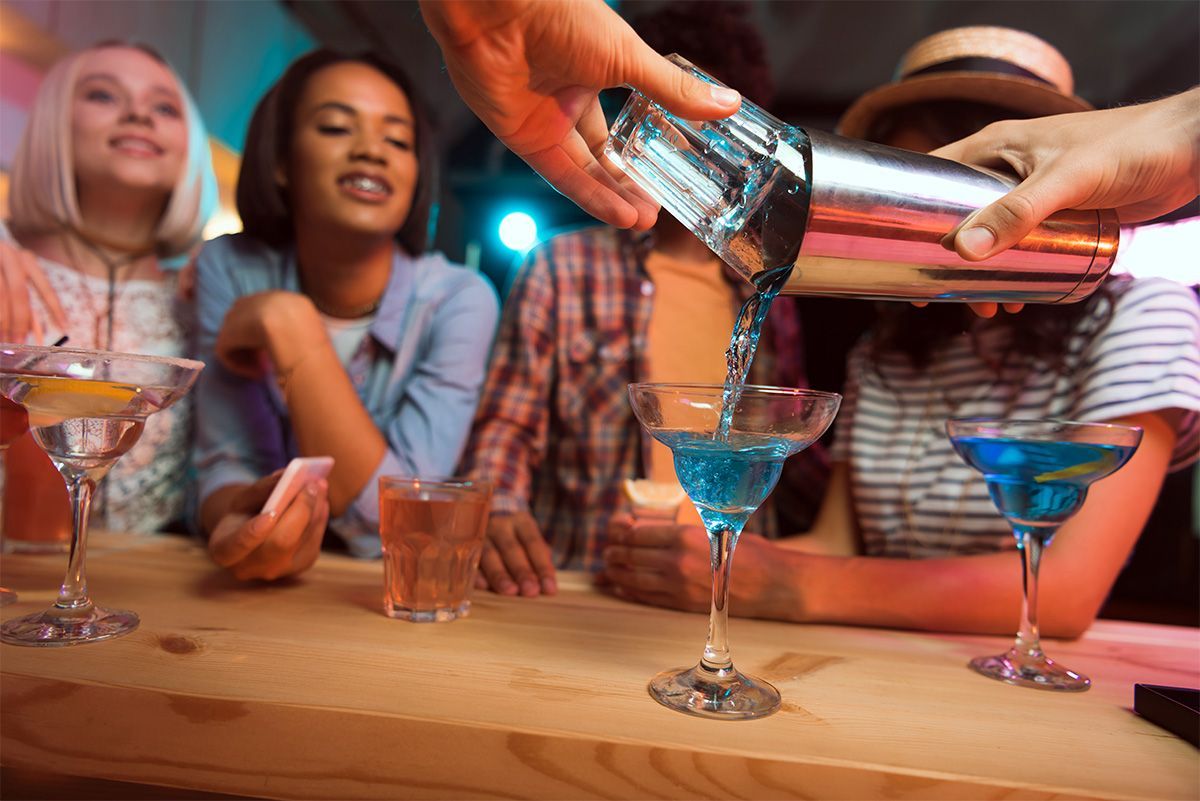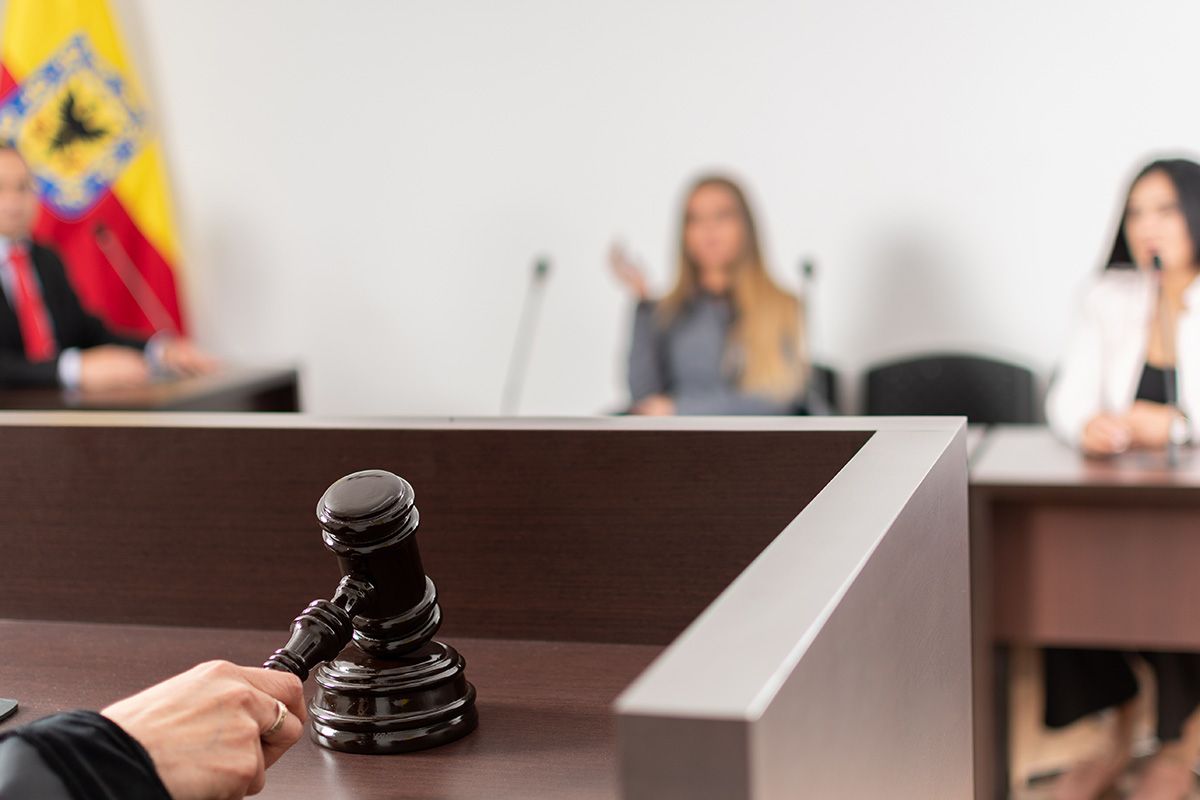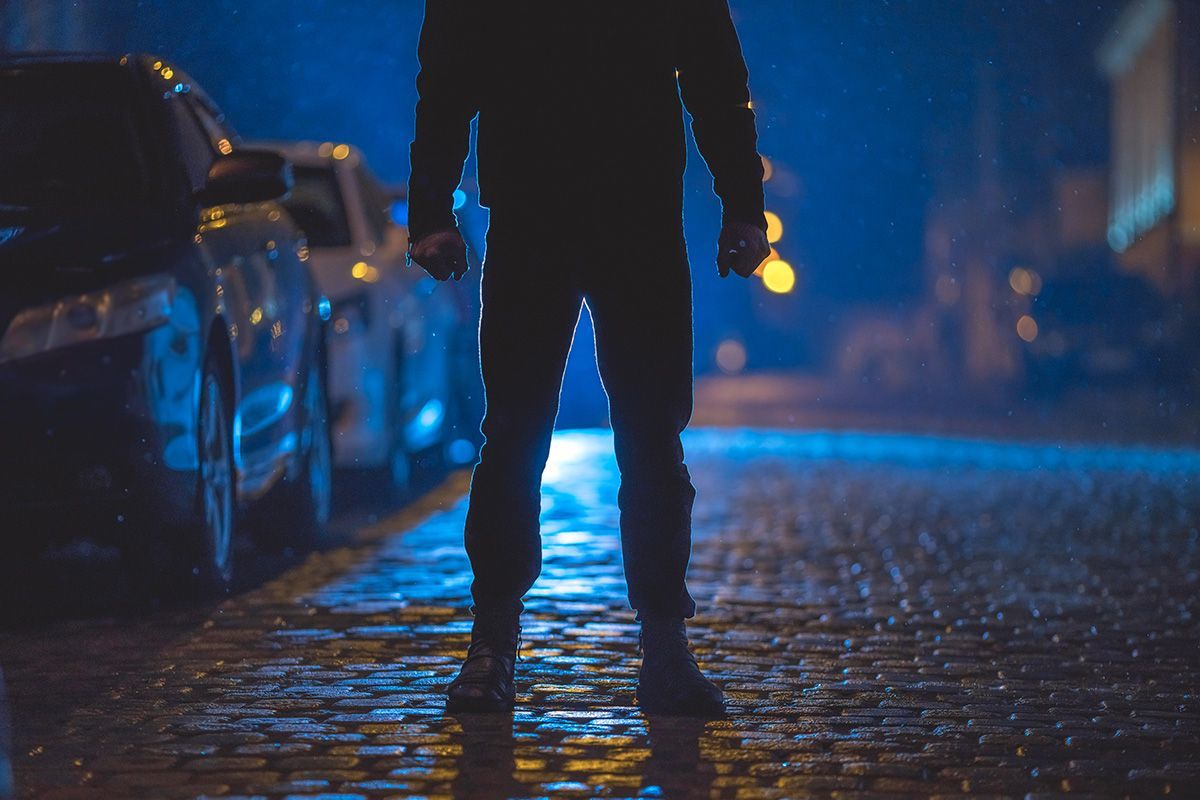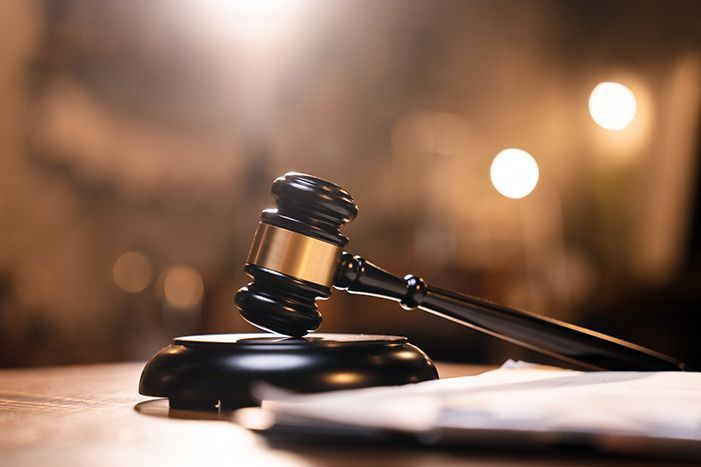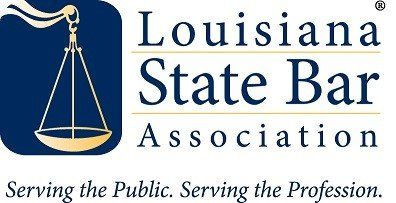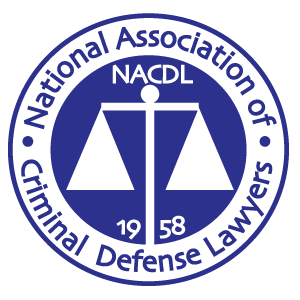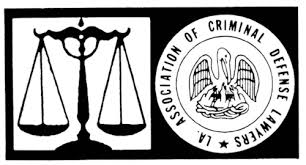Things You Can and Can't Get Arrested For in New Orleans

New Orleans is famous for its lively culture, vibrant nightlife, festive parades, and indulgent food and drinks. With celebrations happening year-round, but especially leading up to Mardi Gras, visitors often wonder, “What exactly can I get away with here?”.
Laws do still apply in the Big Easy. While police tend to take a relaxed approach to minor offenses, there are actions that could result in fines or even arrest if you take things too far.
This article covers some of the most frequently asked questions about what is and isn't allowed in New Orleans from a legal perspective. Keep in mind laws may be enforced differently from neighborhood to neighborhood. We want to keep the good times rolling - safely and responsibly - for residents and visitors alike.
Can I get arrested in New Orleans for being drunk in public?
Yes, you can. However, in New Orleans, public intoxication on its own usually doesn't lead to arrest unless it causes serious problems. According to Sec. 54-405.
of New Orleans Municipal Code:
- It is unlawful to be so intoxicated on alcohol or drugs in public that you may hurt yourself or other people/property.
- Police may arrest you for public intoxication and take you to jail.
- Instead of arrest, police have the option to transport you to a "sobering center" facility to sober up safely until no longer intoxicated. This applies only if you meet criteria like: being a non-violent consenting adult, not needing immediate medical treatment, able to understand the diversion process, not posing a threat to yourself/others, etc.
So in summary, you cannot be dangerously drunk or high in public places in New Orleans. Police can fine you, make you sober up at a center, or arrest you if they decide your state of intoxication makes you unsafe to yourself or the public. The goal is keeping intoxicated individuals from harming themselves and others.
Can I get arrested in New Orleans for urinating in public?
Yes, you can. New Orleans Municipal Code Sec. 54-254. prohibits urinating in public places in New Orleans. The code states that it is considered "lewd conduct" and unlawful to urinate in any public place where you could be observed by others. Anyone who urinates in public can be punished with a fine of at least $100 as well as required to perform at least 30 hours of trash cleanup duties as community service.
So in summary, you cannot legally urinate in any public space in the open view of others in New Orleans. Doing so is considered a crime of "lewd conduct" and punishable by fine and community service. The law aims to uphold public decency standards by deterring people from public urination throughout the city.
Tips for Visitors:
- Plan Ahead: Know the locations of public restrooms or facilities in bars and restaurants.
- Use Event Facilities: During major events, additional portable restrooms are often provided. Utilize these facilities instead of resorting to public urination.
Can I get arrested in New Orleans for walking with an open container of alcohol?
Yes, you can get arrested, but only if the alcohol is in an open glass container .
Unlike many U.S. cities, public consumption of alcohol is legal in some areas of New Orleans. But the New Orleans municipal code specifically prohibits carrying or drinking from any open glass container holding alcohol in public spaces like streets, sidewalks, parks, and rights-of-way bounded by Canal St, Rampart St, Esplanade Ave, and the Mississippi River. This includes areas within a block of Mardi Gras parade routes during parades. Violators can receive court summons and citations leading to arrest.
However, it is ok to carry open containers made from plastic, paper or other non-glass materials holding alcohol in public areas of New Orleans. You likely would not get arrested just for an open cup or bottle made of plastic wandering the Quarter or other neighborhoods. But remember, public intoxication is still prohibited, so be responsible when consuming alcohol in any open vessel. And some high traffic areas restrict even plastic alcohol containers for safety and cleanliness.
So in summary, New Orleans only forbids openly carrying glass containers of alcohol, not other materials like plastic to-go cups. But being disruptive while drinking openly can still carry penalties. Just use good judgment.
Tips for Visitors:
- Always transfer your alcoholic beverage into a plastic container if you plan to leave a bar and walk on the street.
Can I get arrested in New Orleans for flashing my breasts during Mardi Gras?
Yes, you could get arrested for flashing your breasts during Mardi Gras celebrations or any public event. New Orleans code prohibits "obscene live conduct" which includes exposing female breast nipples or genitals in public view to arouse sexual desire.
Specifically, it is considered unlawful obscene live conduct to intentionally expose one's female breast nipples or other listed anatomical parts in any public place. Flashing breasts, genitals, or buttocks would qualify. While it’s not very common, getting arrested is possible if caught doing such acts during crowded citywide celebrations like Mardi Gras.
Additionally, if flashing occurs in the presence of minors under age 17, adults could face felony "indecent behavior with juveniles" charges under Louisiana state law. Intentionally exposing anatomy such as bare breasts directly to children or in their view with intent to arouse carries penalties of fines up to $5,000 and 2-25 years hard labor imprisonment, with no parole eligibility for part of the sentence. Courts take indecent exposure to minors very seriously.
While flashing is often seen as a tradition among some Mardi Gras revelers, the city code still defines it as obscenity and offense. And remember, there is greater police presence patrolling for violations around major festivities like Mardi Gras. Fines, court summons, and even jail time are potential penalties.
Can I get arrested in New Orleans for climbing on a monument or structure to take a picture?
Yes, you can get arrested in New Orleans for climbing on a monument or public structure, even if just to take a picture. Louisiana State Law R.S. 14:63 prohibits entering or remaining on immovable property, including public monuments and structures, without authorization. Climbing on statues, bridges, historic buildings, or other public property to pose for a picture or selfie violates this criminal trespass law.
Merely being on the monument to capture photography constitutes unlawfully "remaining" on property owned by another party under Section C of the statute. The law makes no exception for the reason or intent behind the trespass. As a result, the criminal penalties of fines up to $1000 and jail time up to 6 months apply whether climbing for fun or photos.
For capturing legal, safer vacation memories, enjoy viewing sculptures and architecture from solid ground without attempting to mount them without consent.
Can I get arrested in New Orleans for wearing a skimpy outfit?
No. Based on the New Orleans municipal codes , a person would not get arrested solely for wearing just a skimpy outfit without any actual nudity in public areas of the city.
The sections defining "obscene live conduct" ( 54-260 ) and "lewd conduct" ( 54-254 ) specify that violations involve intentional exposure of anatomical parts - specifically genitals, pubic area, anus, female nipples or breasts. Skimpy outfits that might show more bare skin or be form-fitting but cover those parts would not meet the definitions spelled out.
In summary, the New Orleans laws allow people to wear whatever skimpy fashions they choose as long as intimate body parts stay covered. Cleavage, thighs, and midsections showing is fine. Police won't bother anyone solely for tight or tiny outfits. But exposing actual naked private anatomy crosses the line into illegal behavior.
Can I get arrested in New Orleans for possessing or smoking marijuana?
In New Orleans, it's not very likely that you'll be arrested for having a small amount of marijuana or for smoking it, but it's still against the law.
If you’re found with marijuana in New Orleans and it's not prescribed by a doctor, it's illegal. Usually, if you're caught with a small amount, you have to pay a fine. For first-time offenses, the fine is relatively low, and it gradually increases for second, third, and subsequent convictions.
Smoking marijuana in places like streets or parks is also illegal and you can get fined for it. And public intoxication remains illegal under city and state law regardless of the source substance including marijuana. Disorderly conduct, property damage, threats, unsafe behavior, and clearly impaired functioning while high on marijuana could lead to fines or jail time for anyone exhibiting extremely intoxicated behavior. Additionally, impaired driving laws still apply and marijuana smell could provide cause for DUI testing.
The city of New Orleans has a rule ( Section 54-506 ) that says if you're caught with just a little bit of marijuana, the police might just give you a ticket instead of taking you to jail. So, even though having marijuana is against the law, the city doesn't want to punish people too harshly for just a small amount. But this doesn't apply to stronger, man-made types of marijuana – those are still treated very seriously.
In summary, you typically would not be arrested merely for hidden, minor marijuana possession. But smoking in public or exhibiting dangerous levels of impairment remains illegal, so consumption still bears risks.
Can I get arrested in New Orleans for being too loud?
Yes, you can get arrested in New Orleans for disorderly conduct charges if loud noise from a person or party violates city noise and public disturbance ordinances.
Specifically, New Orleans municipal code makes it unlawful to make unreasonably loud noise as to annoy or disturb others through actions like:
- Yelling, shouting, hooting
- Singing loud
- Playing of musical instruments
- Sound devices over 80 decibels measured 50 feet away in public areas
Penalties include fines between $50-$500 and jail sentences up to 6 months upon an arrest or court summons. Police have authority to issue civil violation tickets or criminal misdemeanor charges depending on the severity of the disturbance.
So while New Orleans is known for its lively atmosphere, there are legal boundaries regarding noise levels to ensure the city remains enjoyable for all residents and visitors. Being excessively loud, especially in residential areas or during late hours, can lead to fines and potentially arrest. It's important for both locals and visitors to respect the city's balance between celebration and peaceful coexistence.
Can I get arrested in New Orleans for selling or performing on the street without a permit?
Yes, you can get arrested in New Orleans for illegally selling goods or performing music and entertainment on public streets or sidewalks without the proper permits.
The city has specific regulations governing street activities like vending and performing to ensure public safety and order, as well as to maintain the unique cultural ambiance of the city.
To sell goods or services on the streets of New Orleans, individuals must obtain a proper vending permit. This rule applies to all types of street vendors, including food vendors, artists, and merchandise sellers. Operating without a permit is considered illegal and can lead to fines. In certain cases, especially if the individual repeatedly ignores the requirement for a permit or if their vending activities cause significant public disturbance, arrest is a possibility.
Street performers are also required to have permits for performing in certain areas of the city, particularly in high-traffic tourist locations like the French Quarter. Performing without a required permit can result in enforcement actions, which might include a citation or fine. As with vending, repeated violations or significant disruptions caused by unpermitted performances can escalate to an arrest.
The enforcement of these regulations is not typically aimed at discouraging street culture, which is a vital part of New Orleans’ charm, but rather at managing public spaces and ensuring that street activities contribute positively to the city’s atmosphere.
Officers may verbally warn illegal street merchants and performers before issuing citations, and arrests are more likely in situations where individuals repeatedly violate the law or if their activities pose a safety hazard or major public inconvenience.
So, while New Orleans is celebrated for its vibrant street life, including a rich tradition of street vending and performances, it's important to adhere to the city's legal requirements for these activities. Selling goods or performing on the streets without the necessary permits is against the law and can lead to fines or potentially arrest, particularly in cases of repeated non-compliance or significant disruption. Permitting procedures ensure fair access and order on New Orleans' lively streets.
Need Legal Assistance in New Orleans? Contact Attorney Lance J. Robinson
Navigating the legal complexities in New Orleans, whether you're a local resident or a visitor, can be a challenging experience. If you find yourself facing legal issues, ranging from minor infractions to more serious matters, Attorney Lance J. Robinson is ready to provide expert legal guidance and representation.
Why Choose Attorney Lance Robinson?
- Local Expertise: With profound knowledge of New Orleans’ laws and legal system, Attorney Lance Robinson offers informed and effective representation.
- Personalized Attention: Understanding that each case is unique, he provides personalized service tailored to meet your specific legal needs.
- Proven Track Record: His successful history in dealing with various legal matters in New Orleans assures reliable and competent legal support.
- Comprehensive Legal Handling: Attorney Lance J. Robinson can manage a wide array of legal issues, often representing clients in court, meaning in many cases, you may not need to be present yourself. This can be particularly beneficial for visitors or those with demanding schedules.
Facing legal challenges doesn't have to be a solitary journey. For professional legal assistance, reach out to Attorney Lance J. Robinson 24/7 at (504) 427-6210 for a free consultation and explore how he can assist with your legal situation.
